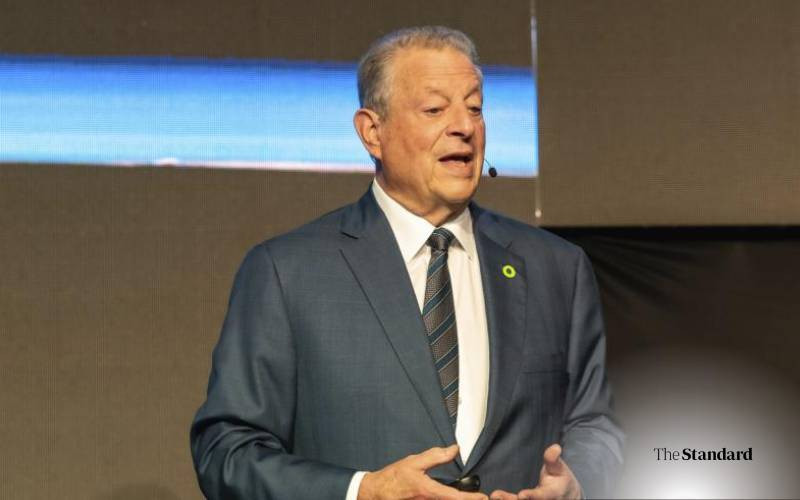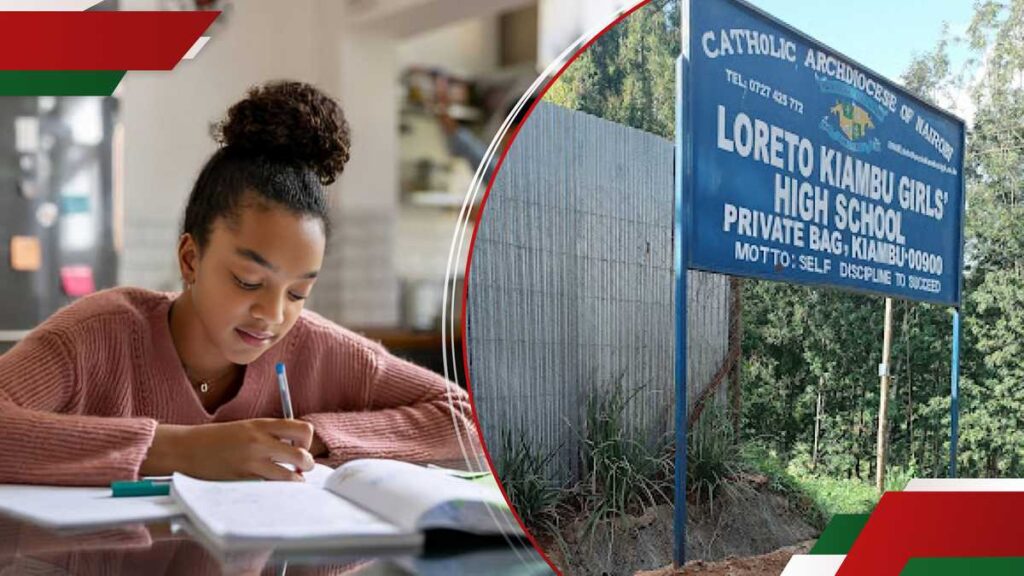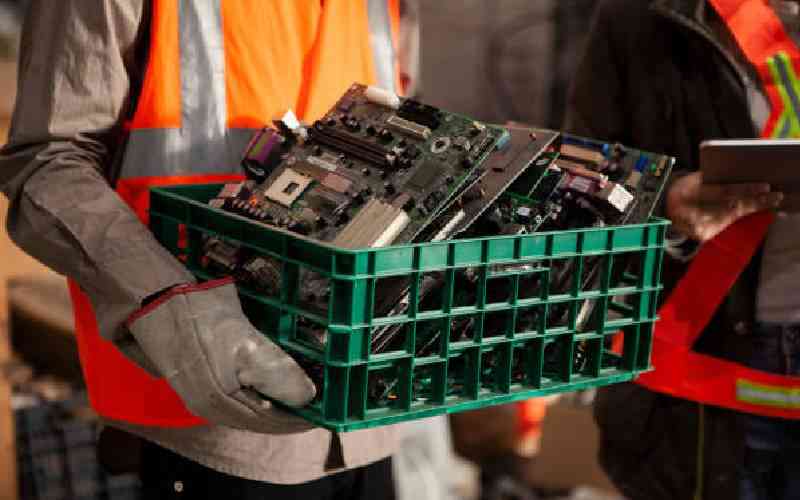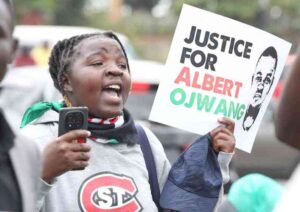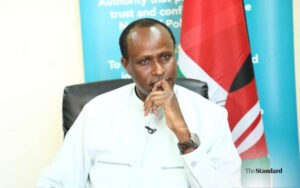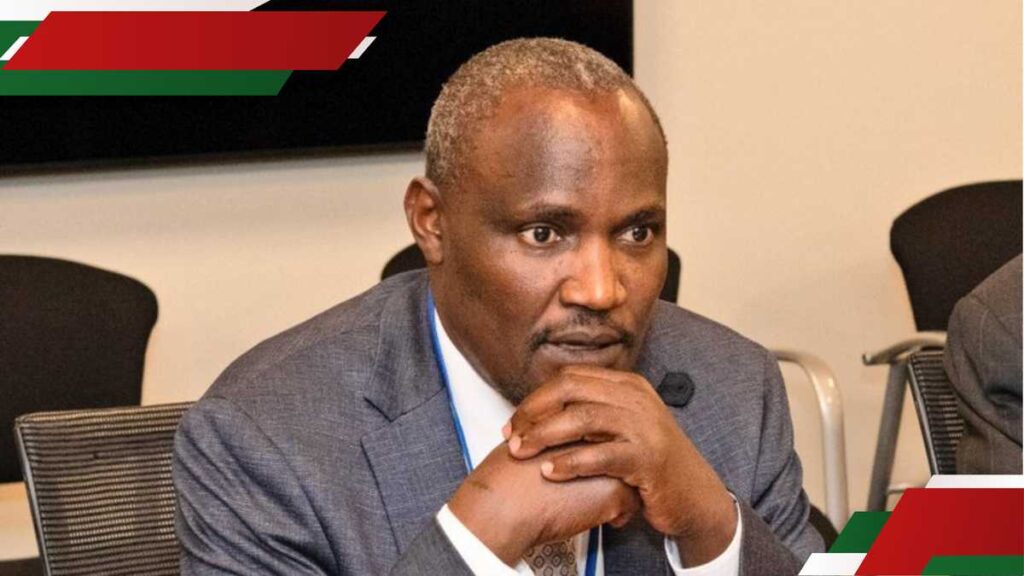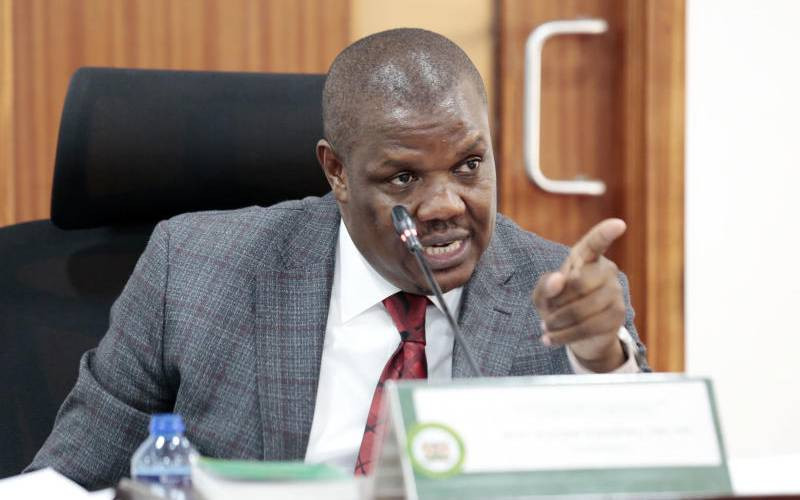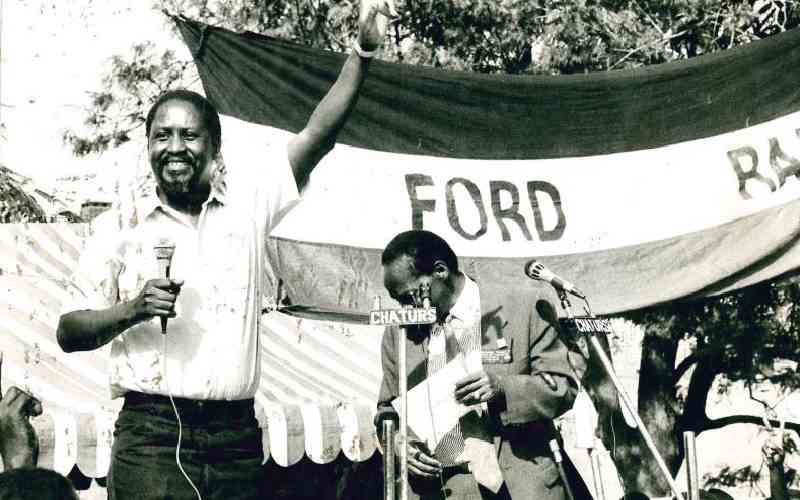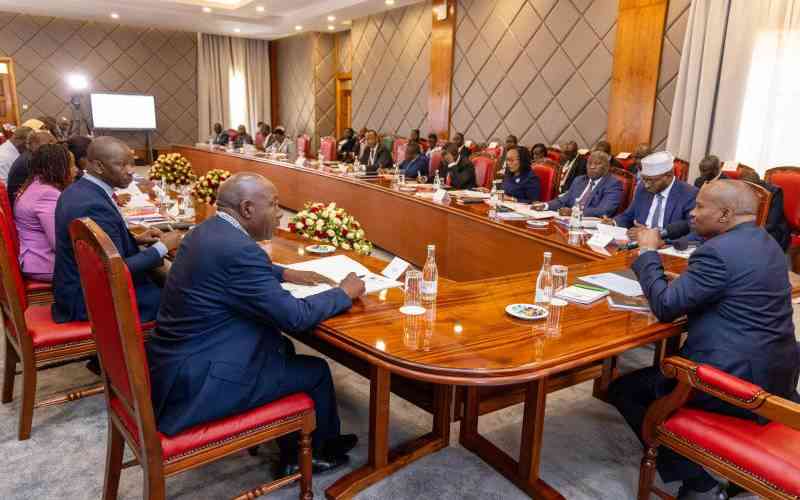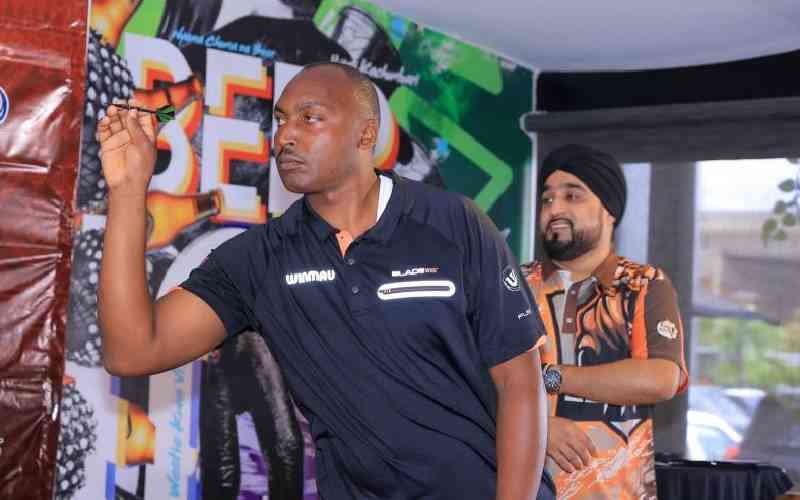Former United States (US) Vice President Al Gore has challenged Kenya’s climate champions to raise their voice against fossil fuels.
He said carbon emissions from fossil fuels are the biggest cause of global warming, which results in catastrophes like floods, earthquakes, landslides, and drought, among other impacts of climate change.
Gore, who is the founder of The Climate Reality Project, a non-profit organisation, is in Kenya for the Climate Reality Tour.
He challenged climate advocates, mostly youth drawn from Kenya, not to despair in their push for ending fossil fuels, saying all of the great morally-based movements in history have gone through periods where the advocates felt despair.
“We are close to that point where the climate crisis is concerned. We’ve had no after no, but our future depends on the yes that comes after the final no,” said Gore, referring to Wallace Stevens’ quote, “After the final no there comes a yes/ And on that yes the future world depends.”
“Join those who are using their voices and their votes and their choices as advocates for their reasons. Use your voice and your vote, and your choices in life. Speak truth to power like your world depends on it. Because your world does depend upon it. We have everything we need.”
Formed 19 years ago, the Climate Reality Project aims to equip global climate advocates with the skills and knowledge to address the climate crisis in their countries.
According to its CEO, Phyllis Cutton, it has so far trained 55,000 members who are part of their 3.8-million-member network across the world.
The three-day event held was the second in Africa and follows the launch of the tour in Paris recently, where countries in 2015 countries committed through a legally binding international treaty, known as the Paris Agreement, to reduce greenhouse gas emissions to limit global warming to well below 2 degrees Celsius (preferably 1.5 degrees) above pre-industrial levels.
From Kenya, the tour will proceed to Brazil, Mongolia, and then back to Brazil ahead of the Conference of the Parties (COP30) that will be held in Belem City between November 10 to 21, 2025.
Gore, who spoke for over two hours while standing, regretted the increased fossil fuel projects (three times more oil and gas pipelines), with some either proposed or under construction in Africa, coupled with more subsidies compared to renewable energy investments.
This, he said, is despite the potential for solar and wind electricity in Africa being 400 times the continent’s total fossil fuel reserves.
He gave an example of how Florida State in the US has invested more in solar power than the entire African continent, accounting for eight per cent of its electricity generation.
“Multilateral development banks should be doing much more. In January, there was an encouraging meeting here in Africa with the new $35 billion (Sh4.4 trillion) initiative. But we need much more,” said Gore.
Stay informed. Subscribe to our newsletter
“If you look at the World Bank and the Multilateral Development Banks (MDBs) and all of the direct aid from the G20 countries, there’s still much more going to fossil fuel finance than to renewables.
“This makes the climate crisis worse at a time when we need to be solving it.”
On Tuesday, a new report by BloombergNEF, which analysed almost 70,000 funds, said that for every $1 of capital expenditure attributed to investment funds around the world that backed oil, natural gas, or coal assets, just 48 cents went into low-carbon.








